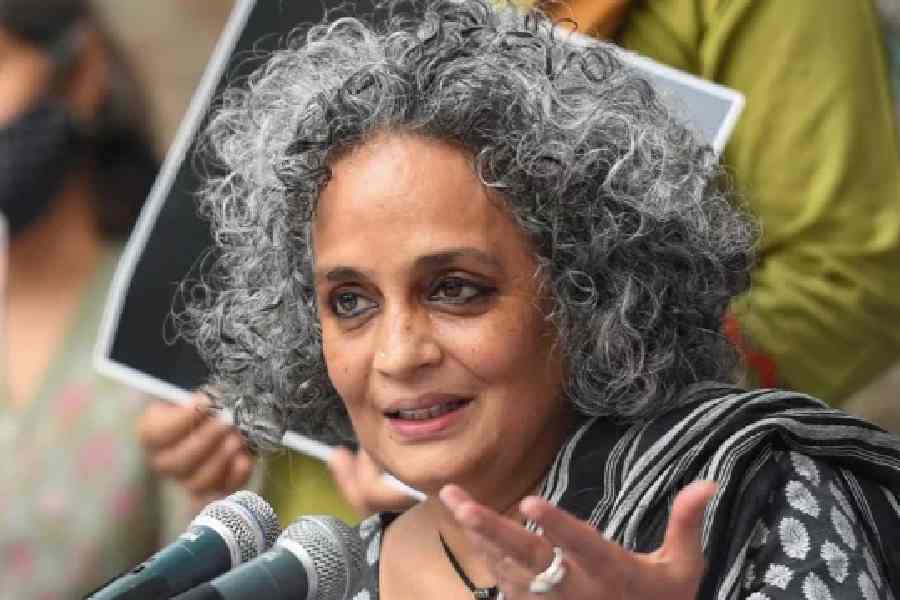The state of free speech in India is perfectly represented by the Delhi lieutenant-governor’s permission to the police to prosecute Arundhati Roy for a 14-year old comment. The Booker Prize-winning author and activist, an unrelenting critic of the government led by Narendra Modi, had spoken up for Kashmir’s self-determination at a seminar in 2010. That Mr Modi’s government was not in power at the time makes this delayed action more noticeable; besides, there is a showiness in the selection of the target. Ms Roy was initially charged with sedition, but the Supreme Court had suspended the anti-sedition law in 2022. In October 2023, the lieutenant-governor sanctioned her prosecution under segments of the Indian Penal Code. Now Ms Roy is being charged under the Unlawful Activities (Prevention) Act, which makes bail exceedingly difficult. The UAPA’s over-stringent — often criticised as undemocratic — provisions have hardly been altered after revisions since this is a law against terrorism, and its scope has been expanded too. The definition of terrorism has been blurred, since anyone can be charged under the UAPA and incarcerated. The issue, therefore, is the way the law is applied. Since 2014, the UAPA has been increasingly used against dissenters, thus becoming an instrument of terror itself. Its application has diluted what terrorism signifies, which in effect alters its meaning: anyone who speaks up against the government is engaged in unlawful activity, threatening the sovereignty and integrity of India.
This could be a direct — and repeated — assault on basic democratic principles, a systematic suppression of the freedom of speech. By targeting teachers, lawyers, journalists, social justice and tribal rights campaigners and incarcerating them, as well as sending ominous signals to famous personalities such as Ms Roy who can help in forming opinions, the government may be sending a coded message. Criticism of the government — democratic rights are irrelevant — is to be discouraged. It could be a declaration of this government’s goals and also the creation of a fear culture. The timing of the permission to prosecute Ms Roy is telling: Mr Modi’s party may have been forced into a coalition, but its purpose remains the same. Mr Modi needs to assure the nation that this is not the case. The coalition partners together with the Opposition also have an equal responsibility to safeguard democratic principles.










